Toilets are some of the most used plumbing fixtures in a household. With frequent use, your toilet becomes susceptible to arising issues, such as clogs, breakages, and deterioration. A clogged toilet is particularly troublesome since it tends to overflow and spill water around everywhere. Cleaning up after a clogged toilet can be messy, unpleasant, and quite frustrating.
While you can use a plunger to unclog the toilet, this is only a temporary fix. Unless you get to the root cause of the problem, it is likely that your toilet keeps clogging again and again. In the long term, the best way to fix a clogged toilet is to contact professional help. Your local plumber can diagnose the cause of the clogged toilets and apply a permanent solution.
Have you ever wondered why does your toilet keep clogging? In most homes, there are usually a couple of common culprits that lead to the clogged toilets. Find out why do toilets clog all the time and what you can do to prevent these blockages in the future.
1. Low-flow toilet problems
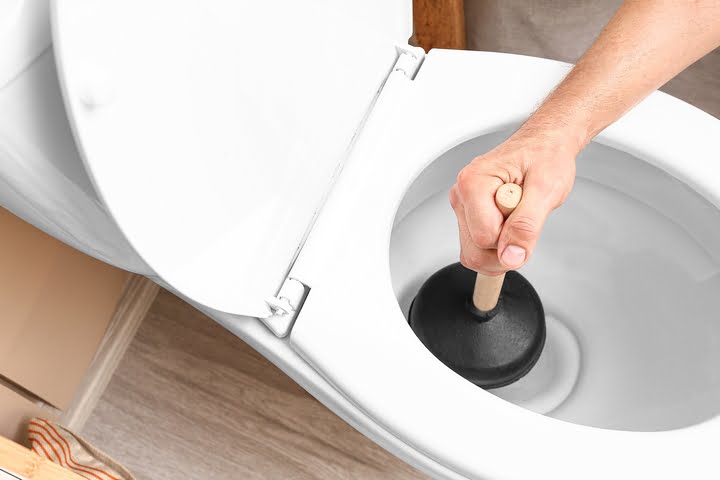
Low-flow toilets describe the types of toilets that use less water for flushing, relative to their high-flow counterparts. In many of the older low-flow toilets, they lack the necessary pressure to clear the trap and drain entirely. As a result, they become clogged more easily.
To know if you have a first-generation low-flow toilet, look for a stamped date, which is usually placed at the back of the unit. If the toilet was manufactured in the mid-1990s, you might have an old low-flow toilet made in the first generation. In this case, you don’t necessarily have to rush into getting a replacement. Clogs can be reduced by limiting the use of toilet paper and not dropping foreign objects into the toilet.
If your toilet keeps getting clogged all the time, the best solution is to install a newer model. Modern low-flow toilets have been improved significantly since their initial inception. New toilets are designed to flush effectively with reduced water usage and minimal clogging.
2. Flushing non-flushable items
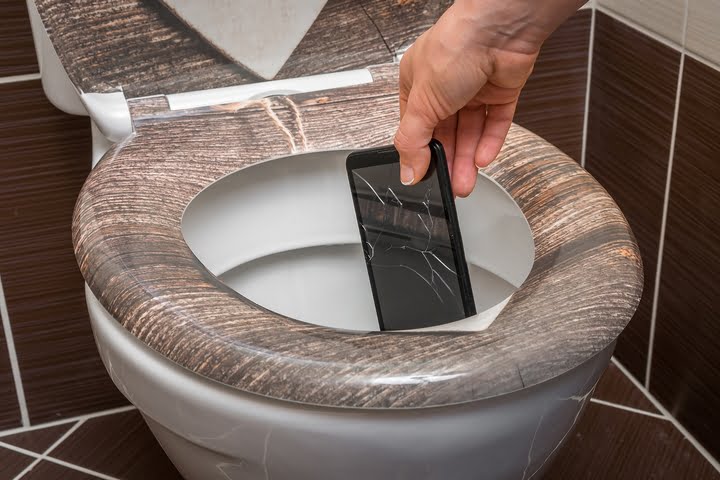
A toilet’s flushing system is designed to only dispose of materials that quickly dissolve in water. A buildup occurs when you flush down items like paper towels, cotton balls, Q-tips, dental floss, and wet wipes, all of which will take time to dissolve. As the amount of non-flushable items accumulates, this eventually clogs the toilet.
This problem often occurs in households with young children, who tend to flush non-flushable items unknowingly. To avoid a clogged toilet, ensure your household members know what items can be flushed. Educate your children about what causes clogged toilets and keep a list of non-flushable items close to the bathroom. Also, put a trash can near a convenient area to dispose of the non-flushable items.
3. Blocked toilet trap
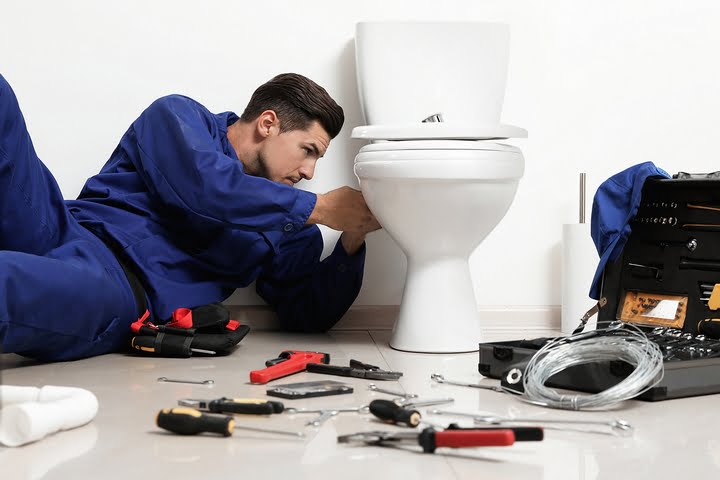
The trap refers to the curved part of your toilet’s porcelain bowl. Its function is to hold water and prevent sewer gases from entering the house. When non-flushable items are lodged in the trap, they could clog your toilet. To unclog the trap, use a plunger to loosen and dislodge the clog. If this doesn’t work, contact a residential plumber to help you fix the toilet that keeps clogging all the time.
4. Toilet flapper problems
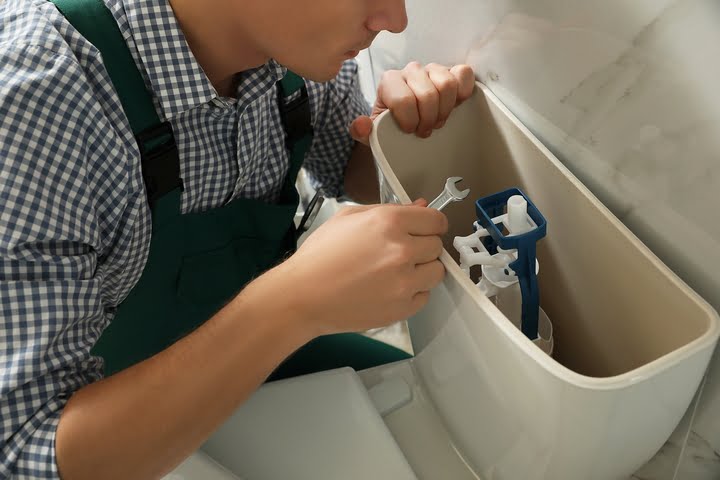
The flapper is the part of your toilet system that lets water flow from the tank to the bowl. If the flapper doesn’t open completely, you will get a weak flush, causing a buildup of waste materials inside the trap. Since waste requires a lot of pressure to flush, your toilet can become clogged when the flapper doesn’t work properly.
To fix a clogged toilet, adjust the chain that connects the flapper to the flush handle. Once it is well-positioned, this simple fix should ensure the flapper now opens completely.
5. Flushable Wipes
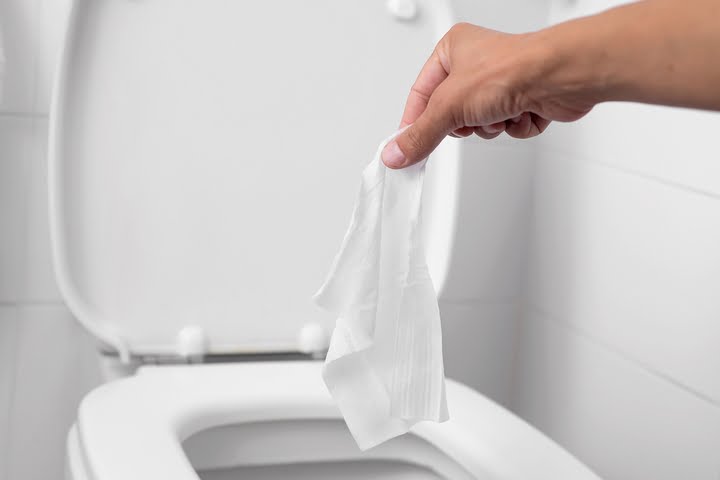
Flushable wipes have increased in popularity in recent years due to their convenience. However, some people suspect that flushing them down the toilet might be detrimental to your plumbing system. These wipes won’t disintegrate or break up after they are flushed. The products are only called ‘flushable’ because of their ability to fit inside their pipes.
The impact of flushable wipes on plumbing systems is a contentious issue. In recent years, wastewater management entities have been discouraging people from flushing these wipes. Generally, most paper products like disposable wipes, paper towels, or light cardboard aren’t designed to be disposed of down the toilet. Plumbing systems are only capable of accepting and processing water, biodegradable toilet paper, and human waste.
6. Blocked plumbing vent
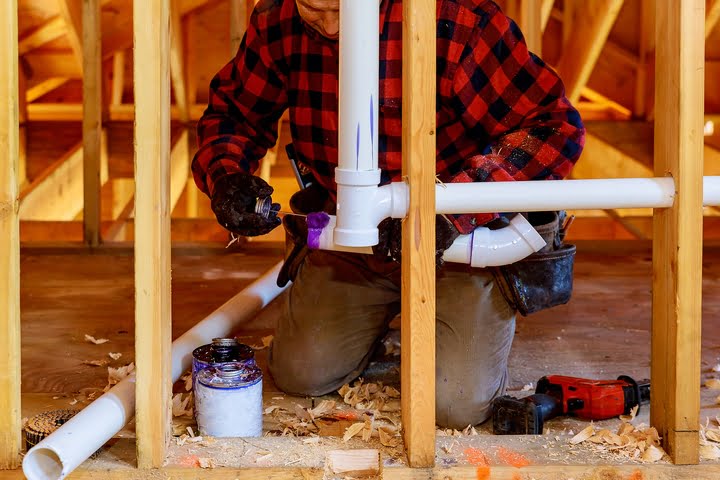
Many household fixtures use roof vents to channel clean air into the plumbing system. This hinders the formation of air pressure, which can stop the drain flow connected to your toilet. After some time, the vents also become clogged with sticks, animal nests, and leaves blown in by strong winds. This further weakens the drain flow, causing regular clogs in your plumbing.
Cleaning your plumbing vents requires special tools as it can be quite a challenge to establish where the blockage is. Hiring a professional to help you with this task is highly recommended.
7. Sewer line problems
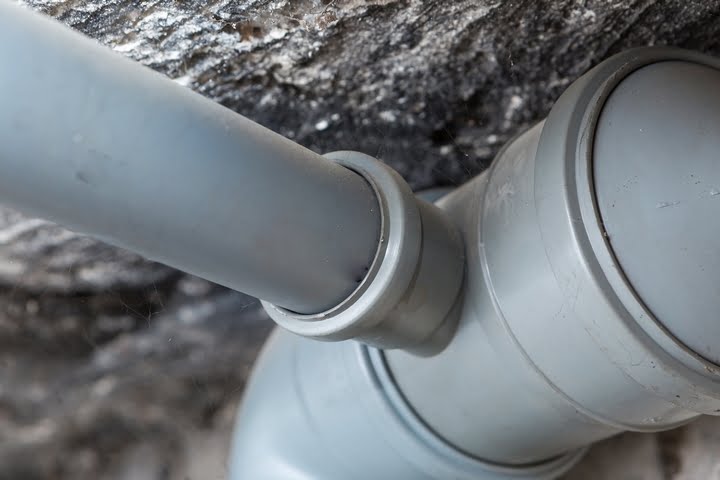
If you have regular clogs in multiple toilets and drains, there could be a problem in the main sewer line. A buildup of toilet paper, non-flushable items, and waste materials in the main sewer lines and drains can cause clogs in multiple fixtures around the house.
The clogs could also be caused by punctured sewer lines, which happens when tree roots force a hole in the main sewer line, letting in blockage-causing debris and other sediments. This problem may lead to other issues in and around your home. To effectively solve this issue, hire a plumber to fix the punctured sewer line right away.



